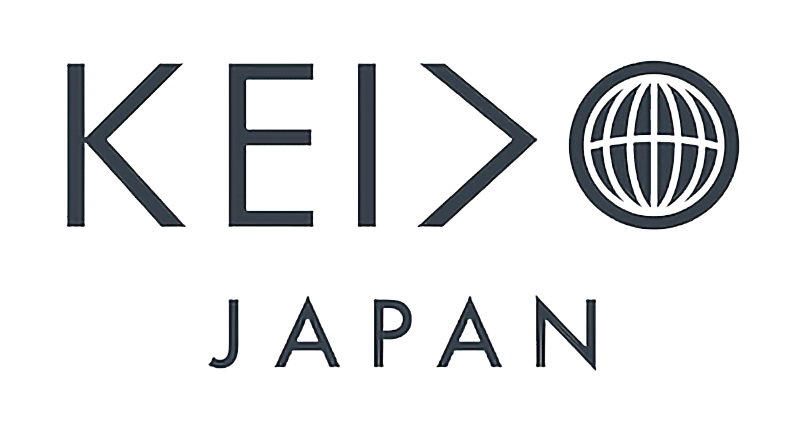The Intricate Dynamics of Consulting and Strategy
Consulting and strategy play pivotal roles in enhancing business performance by providing expert advice and actionable plans tailored to a company’s unique needs. Within the realm of consulting, several specialized services exist, each addressing distinct sectors and challenges. Management consulting focuses on organizational improvements, helping businesses streamline operations, optimize processes, and enhance overall efficiency. IT consulting, on the other hand, guides companies in leveraging technology to drive innovation, improve cybersecurity, and better manage data. Financial consulting assists firms in managing their financial health through sound investment strategies, risk management, and compliance with regulations.
Strategic planning is an essential component of consulting services, providing a roadmap for businesses to achieve their long-term goals. A fundamental tool in this process is SWOT analysis, which assesses a company’s strengths, weaknesses, opportunities, and threats. By identifying these factors, businesses can gain a clearer understanding of their internal capabilities and external environment. Another key concept is competitive advantage, which refers to the attributes or conditions that allow a company to outperform its rivals. Consulting services help businesses identify and cultivate their unique competitive advantages, ensuring they can sustain market superiority.
Market positioning is another critical aspect of strategic planning, involving the deliberate placement of a company’s products or services in a way that resonates most effectively with target customers. Through strategic positioning, businesses can differentiate themselves from competitors and capture greater market share.
To illustrate practical applications, consider a technology firm that faced operational inefficiencies and declining market share. Through a combination of management and IT consulting, the firm streamlined its processes and adopted cutting-edge technologies, resulting in significant cost savings and improved market performance. Similarly, a retailer leveraging financial consulting was able to navigate economic downturns more effectively, securing its financial stability and ensuring continued growth.
These examples underscore the tangible benefits that consulting and strategic planning deliver across various industries. By adopting a structured approach to problem-solving and goal attainment, businesses can unlock their full potential and thrive in an ever-competitive marketplace.
Exploring the Synergy Between Tourism and Translation Services
The interplay between tourism and translation services is a critical aspect of modern travel, significantly enhancing the experience for international tourists. Effective translation can transform a potentially daunting travel experience into a smooth and enjoyable adventure. For travelers, the ability to understand key travel documents, guides, and websites in their native language is invaluable. This accessibility breaks down language barriers and fosters a sense of confidence and ease as they explore new destinations.
Translation services play a pivotal role in ensuring that essential travel documents, such as visas, itineraries, and insurance policies, are comprehensible to travelers from diverse linguistic backgrounds. Additionally, travel guides and websites often serve as the first point of contact between destinations and prospective tourists. When these platforms are meticulously translated, they provide clear and engaging information, enticing travelers to visit.
For tourism businesses, such as hotels and tour companies, professional translation services are a strategic investment. By offering multilingual content, these businesses can attract and accommodate a broader range of global visitors. Multilingual hotel websites, translated menus, and multilingual customer service are practical examples of how translation services can enhance the overall guest experience. These translations ensure that tourists can easily navigate the services and amenities offered, making their stay more comfortable and enjoyable.
Moreover, the promotion of travel destinations can benefit significantly from translation services. For instance, marketing materials and destination promotions tailored to specific linguistic groups can broaden the reach and appeal of a location. Multilingual advertising campaigns and translated social media content can engage a more extensive audience, driving tourism growth. Additionally, companies that offer multilingual customer service initiatives often see higher satisfaction rates, as tourists feel valued and understood.
Overall, the synergy between tourism and translation services facilitates seamless communication and interaction, enriching the travel experiences of international tourists while enabling tourism businesses to thrive in a competitive global market. By bridging language gaps, translation services not only enhance the accessibility of travel experiences but also pave the way for a more inclusive and inviting world of tourism.
